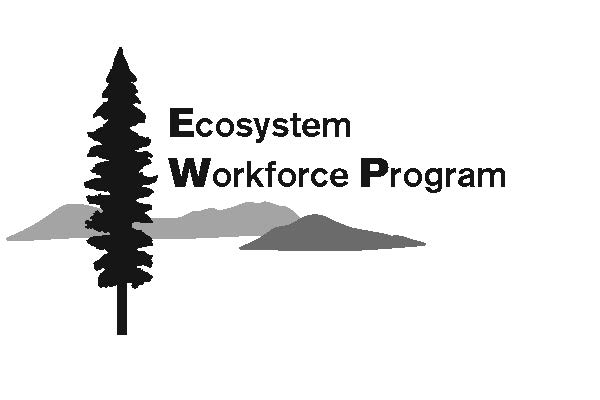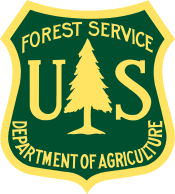Bridging the research-management gap: landscape science in practice on public lands in the western United States
| Title | Bridging the research-management gap: landscape science in practice on public lands in the western United States |
| Publication Type | Journal Article |
| Year of Publication | 2020 |
| Authors | Carter, SK |
| Secondary Authors | Pilliod, DS |
| Tertiary Authors | Haby, T, al., et |
| Journal | Landscape Ecology |
| Volume | 35 |
| Start Page | 545 |
| Keywords | coproduction, technical reports and journal articles |
| Abstract | Landscape science relies on foundational concepts of landscape ecology and seeks to understand the physical, biological, and human components of ecosystems to support land management decision-making. Incorporating landscape science into land management decisions, however, remains challenging. Many lands in the western United States are federally owned and managed for multiple uses, including recreation, conservation, and energy development. We argue for stronger integration of landscape science into the management of these public lands. We open by outlining the relevance of landscape science for public land planning, management, and environmental effects analysis, including pertinent laws and policies. We identify challenges to integrating landscape science into public land management, including the multijurisdictional nature and complicated spatial pattern of public lands, the capacity of agencies to identify and fill landscape science needs, and perceptions about the meaning of landscape approaches to management. We provide several recent examples related to landscape monitoring, restoration, reclamation, and conservation in which landscape science products were developed specifically to support decision-making. We close by highlighting three actions—elevating the importance of science-management partnerships dedicated to coproducing actionable landscape science products, identifying where landscape science could foster efficiencies in the land-use planning process, and developing scenario-based landscape models for shrublands—that could improve landscape science support for public land planners and managers |
| URL | https://link.springer.com/article/10.1007/s10980-020-00970-5 |




